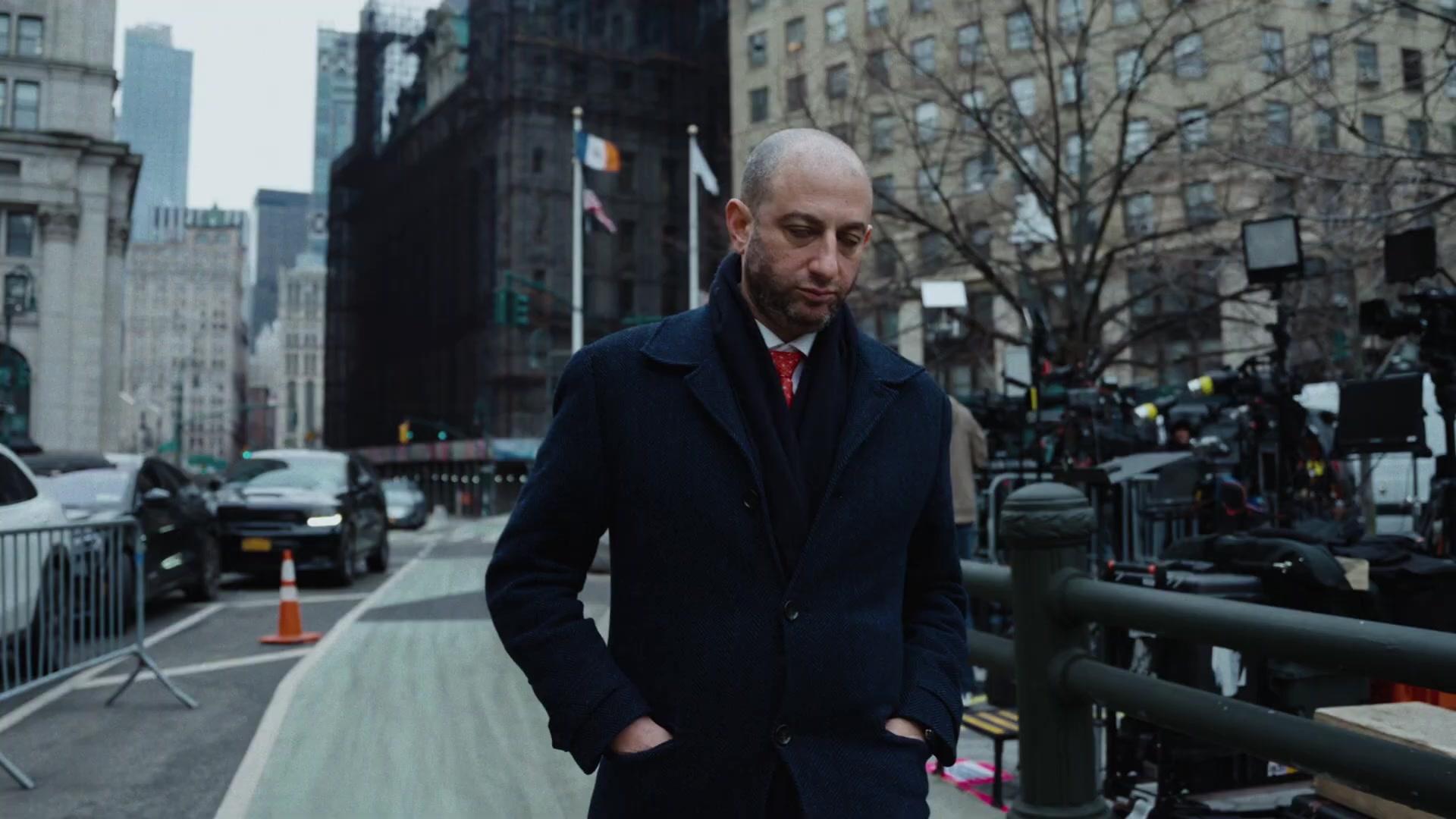Narcotics Charges in New York
Why You Need a New York Drug Crimes Lawyer
There are many reasons why you could find yourself in the middle of a narcotics case in the state of New York. You could be a potential witness, you could be involved in a family law case including domestic violence or drug charges, or you could be the person who was caught directly with narcotics, selling narcotics, or using narcotics ingredients or paraphernalia. One thing is for certain: Every narcotics crime in New York will be seriously prosecuted by the district attorney and could come with jail time and other penalties. It's important to hire a New York drug crimes lawyer who is experienced in these kinds of drug cases and ready to fight aggressively on your behalf.Criminal Possession of a Controlled Substance in the Third Degree
According to the New York State Penal Code § 220.16, the criminal possession of a controlled substance in the third degree is classfied as a Class B felony. As a felony, it comes with multiple years of jail time and other penalties.Ways to Receive a Third Degree Narcotics Charge
There are different ways that a defendant could receive a narcotics charge at the third degree,- You could be a person who possesses the drug with intent to sell it..
- You could be a person who is in possession ofa stimulant, hallucinogen, hallucinogenic substance, or lysergic acid diethylamide, with intent to sell it and has previously been convicted of an offense defined in Article 220
15,000+
Federal Cases Filed Annually
90%
Plea Before Trial
Understanding Narcotics Charges in New York
There are different types of substances that count as narcotics, see the second item listed above. Each type of drug is not legally allowed to be in your possession or sold to others. You need to find attorneys like the Spodek Law Group who have decades of experience, and they specialize in defending accused individuals for narcotics criminal cases throughout the New York State court system. Many successful defense attorneys like ours have also worked on the prosecutor side of the courtroom, and they have valuable experience that helps them with understanding narcotics cases. We are experts in determining how best to dispute each criminal charge. If you know that you're presently being investigated by the District Attorney's office, you know that you need aggressive lawyers on your side who want you to protect your freedom and ensure that due process is served in this case. When we take on a criminal case, we seriously care about your future ability to live and work where you want and to enjoy all of your civil liberties. Please contact us for more information about fighting these narcotics drug charges in New York.Building Your Defense for a Narcotics Charge
Types of Controlled Substances
Remember, narcotics are illegal substances including these types of drugs:| Opiates |
| Opiate derivatives |
| Hallucinogenic substances |
| Depressants |
| Synthetic cannabinoids |
| Stimulants |
Legal Definitions of Narcotics

Defense Team Spotlight
Todd Spodek
Lead Attorney & Founder
Featured on Netflix’s “Inventing Anna,” Todd brings decades of experience defending clients in complex criminal cases.
Don't Damage Your Narcotics Case
It's important that you don't give out any statements to law enforcement, prosecutors, or even inmates that coud potentially damage your case. Keep your opinions about the case to yourself and look for a qualified legal advisor. We recommend that you find someone who has tried many drug cases, not traffic offenses or or other minor crimes. You want to hire an aggressive law firm that is committed to understanding the specifics of each narcotics charge. We work hard to get the bogus cases dismissed and to work out plea deals or wage successful defenses for other clients facing serious felony convictions.Protect Your Future
We invite you and your family to talk to us today about how to defend your legal rights as a person accused of a narcotics crime in New York. If you don't find the right legal practitioner, then you could face jail time, thousands of dollars in fines, and find it hard to find a job or a new residence when you finish your incarceration.Frequently Asked Questions
No. You have the right to remain silent and the right to an attorney. Invoke both rights immediately and contact Spodek Law Group.
Every case is different. We offer free initial consultations to evaluate your case and discuss our fee structure.
An arraignment is your first court appearance where charges are formally read. You enter a plea and bail may be set. Having an attorney present is critical.








